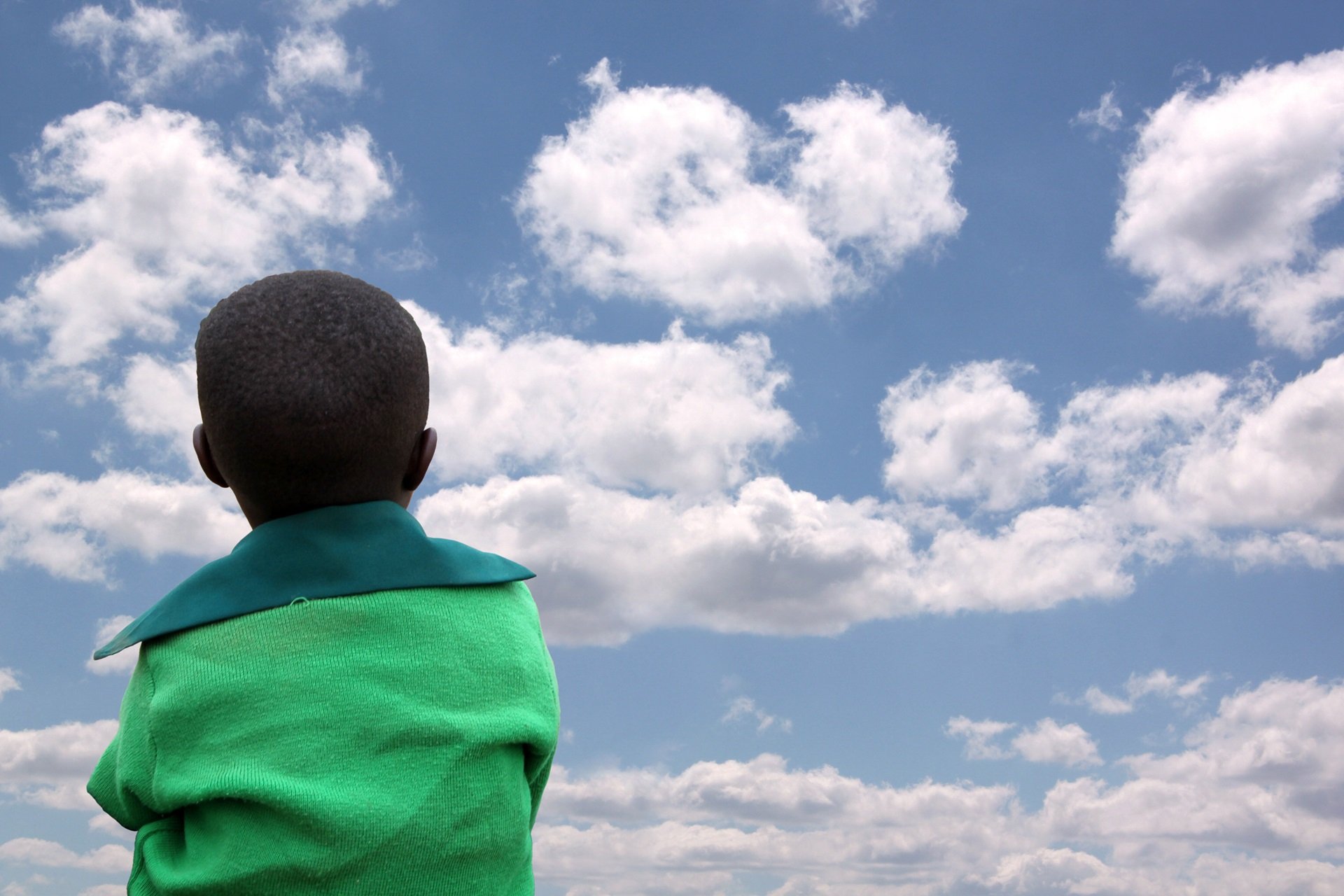
WHO's Global Air Quality Guidelines
On 22 September 2021 WHO updated the Global Air Quality Guidelines (AQGs). These new AQGs provide clear evidence of the damage air pollution inflicts on human health, at concentrations even lower than previously understood. The guidelines recommend new air quality levels to protect the health of populations by reducing levels of key air pollutants, some of which also contribute to climate change. The guidelines’ executive summary is available here.
Air Pollution in Africa
In the African region, the population lives in cities that already exceeded the 2005 WHO AQGs, and data released by WHO in 2018 show that the health burden attributable to exposure to atmospheric pollutants is serious. Efforts are being made to reduce emissions in the region, but more than 90 million people still rely on polluting fuels for cooking and heating.
Around 7 million people die every year from diseases and infections related to indoor and outdoor air pollution worldwide. In 2016, about 425,000 deaths were attributable to ambient air pollution in the African region. WHO has frequently highlighted that ambient air pollution is one of the strategic focal areas to combat root causes of mortality and morbidity worldwide.
Recommendations for Specific Air Pollutants
In this context, the 2021 WHO AQGs are a set of evidence-informed recommendations for specific air pollutants developed to help countries achieve air quality that protects public health. As part of the capacity-building activities on air quality and health, WHO will host a virtual session on 02 November 2021 from 10:00 am - 11:15 am (Ghana time) to inform key actors and the public on the 2021 WHO AQGs.
This event will be part of a series of planned activities and webinars on air quality and health for the African region. The language of the webinar is English.


